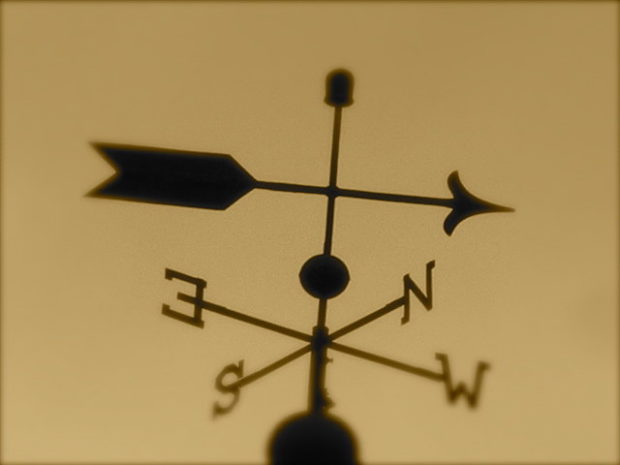You have no items in your cart. Want to get some nice things?
Go shopping
I have no sense of direction. Never have. Nothing is more infuriating to me when I ask for directions from point A to point B then to be instructed, “Head east.” These instructions mean nothing to me. I might as well be advised to “Run in a circle while patting your head and belly at the same time.”
When I lived in Chicago directions were always based on Lake Michigan. “Head towards the Lake and turn right when you hit LaSalle.” Helpful when I could see the Lake, but not so helpful the 95% of the time I could not see the Lake.
Pierre L’Enfant designed Washington, DC for the directionally challenged. DC is organized into four quadrants – NW, NE, SW and SE. These quadrants share a common corner at the Capitol. Within each quadrant the east-west streets are organized by letter (except there is no J in any quadrant and “I” is Eye Street) and the north-south streets are organized by number. This system worked splendidly for me until I needed to get to a job interview on Massachusetts Avenue and negotiate Dupont Circle. I found myself wandering the circle, wondering if I took P Street or Connecticut Avenue to get to the address. How do the streets with state names work with the letter and numbered streets? I paced Dupont Circle telling myself to do the opposite of what my instincts told me but then I spiralled in the philosophical question of “Was I in fact doing what my instincts told me by following my instincts to do the opposite of my instincts?”
Before GPS services were on my phone and built into the features of my car, the experience of getting lost was something I endured daily. I built ten extra minutes into any trip to any new travel destination, fully expecting at least two wrong turns. I looked at a map beforehand and wrote out turn by turn instructions. With the availability of the Internet I mapquested every destination and printed out the instructions to carry along with me on my trip. But even taking these steps meant I often missed a turn or assumed I missed a turn, resulting in a u-turn to retrace my steps.
Once, in high school, when I should have been driving west and inland from Orlando, I accidentally drove south, paralleling the coast for over two hours. It wasn’t until I saw the fifth or sixth sign with decreasing mileage remaining to Miami that I realized I was not heading in the direction of my home. Needless to say, I did not make curfew that night.
I offered to drive a friend visiting me in DC back to the airport instead of making her take the shuttle. We pointed the car in the direction of the Baltimore airport but somehow, we ended up deep in Southeast DC before it had been gentrified and every corner had a coffee shop and craft brewery. The only stores with their lights on were the liquor and bail bonds stores. My friend held her breath and grew silent, her flight or fight instincts kicking in. I was so accustomed to being lost I continued talking, oblivious to her panic.
My brother visited me during law school in Nashville, Tennessee. I went to take him to the airport but first I drove to Hendersonville, the city where my aunt lived. When he asked why I took the detour, I said, “Because I know how to get to the airport from Hendersonville.”
One would think that I would be pleased that I no longer have to rely on a combination of my instincts and maps. And most of the time I am incredibly grateful for GPS. But with GPS I now find I don’t even attempt to remember how I arrived anywhere. It was months of making the same commute to work before I trusted myself enough to turn off my GPS.
I miss getting lost. I miss my comfort with the inconvenience of not knowing where I was going. I am type A, on time and believe strongly in efficiency. Getting lost and being okay with it was a small break from the tediousness of being me. When I simply shrugged and laughed upon getting lost, it baffled those with me because it was so uncharacteristic of me to accept any type of failure. But I recognized my weakness, knew I couldn’t change it and embraced it. But now, other than when GPS directions first start and it is impossible to orient myself from a parking lot to tell if I should go right or left, even directions and my ability to follow them are timely and efficient. I have outsourced my weakness and I miss it.
Angela Kidd
Angela Kidd is a recovering attorney who is pursuing her passion for writing while spending more time with her family and balancing multiple side gigs. Her work has been featured in Motherwell, For Women Who Roar, the Belladonna, Points In Case and Like The Wind Magazine. She resides in Minnesota where she spends the winter complaining about the weather.




